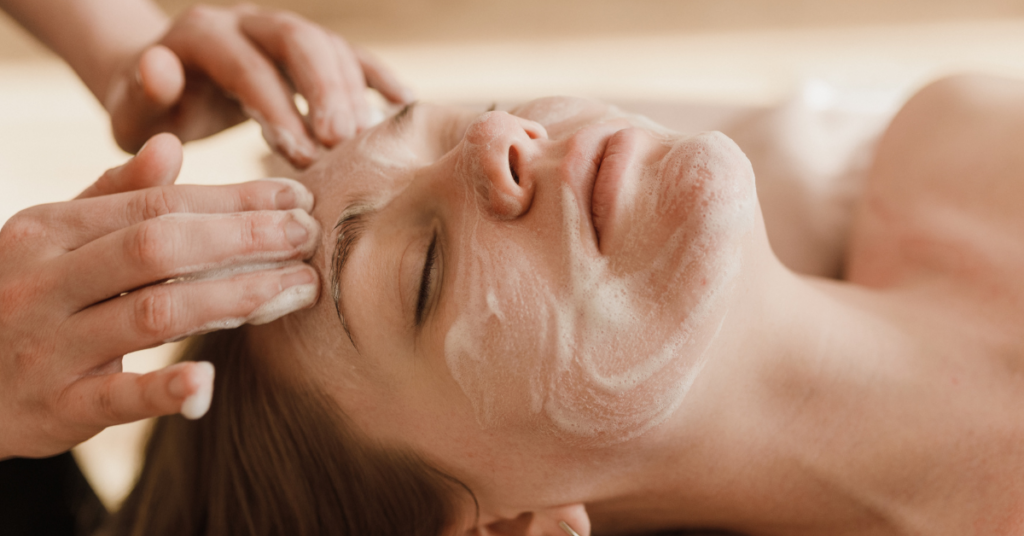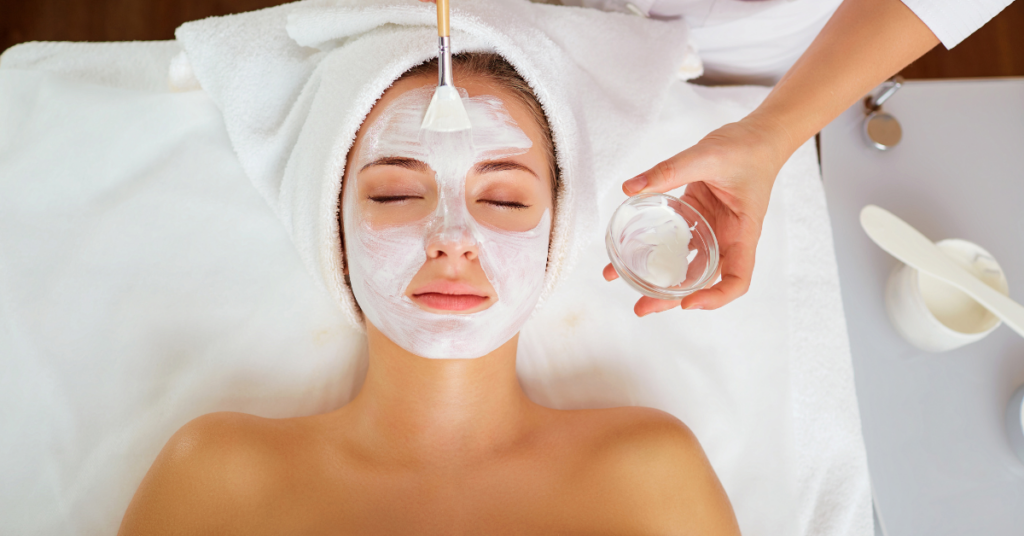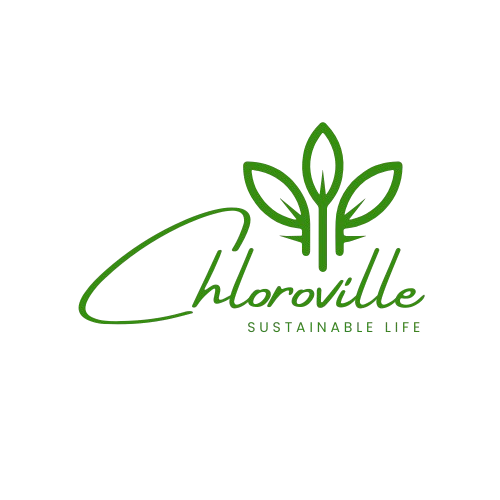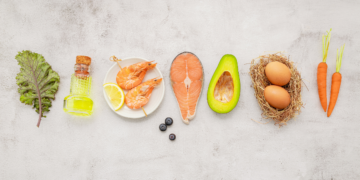Sustainable Skincare Secrets: Eco-Friendly Routines for Beauty and Wellness
The beauty industry is evolving, with sustainability becoming a top priority for consumers and brands alike. Sustainable skincare is more than a trend—it’s a conscious effort to protect the environment while enhancing your natural beauty. This guide reveals how you can adopt eco-friendly routines that nurture your skin and the planet.
The Importance of Sustainable Skincare
Traditional skincare practices can often contribute to environmental harm. Many products rely on single-use plastics, chemical-heavy formulations, and energy-intensive manufacturing processes. Transitioning to sustainable skincare routines minimizes your ecological footprint and fosters healthier choices for your body.
Why Sustainable Skincare Matters
- Environmental Benefits: Reduces waste and pollution caused by conventional beauty products.
- Health Benefits: Limits exposure to harmful chemicals that can irritate skin or disrupt hormones.
- Support for Ethical Practices: Encourages fair labor and environmentally responsible production methods.
Adopting sustainable skincare is an investment in both personal wellness and global conservation efforts.
Crafting an Eco-Friendly Skincare Routine
Simplify Your Routine
Simplifying your routine is the first step toward sustainability. Overloading your skincare regimen with unnecessary products not only wastes resources but can also overwhelm your skin. A streamlined routine focuses on essential steps:
- Cleansing: Use a gentle, biodegradable cleanser to remove dirt and impurities.
- Moisturizing: Hydrate your skin with natural, plant-based moisturizers like aloe vera or jojoba oil.
- Sun Protection: Opt for reef-safe sunscreen to protect your skin and marine ecosystems.
A minimalist approach reduces product waste and ensures your skin receives only what it truly needs.

Opt for Sustainable Packaging
Skincare packaging generates significant waste, with millions of plastic containers discarded each year. Choosing products with eco-friendly packaging is a simple yet impactful way to practice sustainability.
- Look for glass, aluminum, or compostable materials instead of plastic.
- Support brands that offer refill programs or bulk-buying options.
- Avoid single-use items like sachets or individually packaged face masks.
For example, brands like Plaine Products and Ethique focus on refillable and zero-waste packaging to reduce environmental impact.
Prioritize Natural Ingredients
Ingredients play a crucial role in sustainable skincare. Natural and organic formulations are gentler on the skin and avoid the environmental harm caused by synthetic chemicals.
Beneficial Ingredients to Include:
- Aloe Vera: Hydrates and soothes irritated skin.
- Shea Butter: Deeply nourishes dry or sensitive skin types.
- Green Tea Extract: Provides antioxidants that combat aging and inflammation.
Ingredients to Avoid:
- Parabens: Linked to hormone disruption and environmental harm.
- Microbeads: Non-biodegradable particles that pollute oceans.
- Synthetic Fragrances: Can cause irritation and contain undisclosed harmful chemicals.
Using fewer chemical-laden products benefits both your skin and the ecosystems impacted by runoff during washing.
Embrace DIY Skincare
Making your own skincare products is an eco-friendly alternative to store-bought items. DIY products allow you to control ingredients and eliminate packaging waste. Here are a few simple recipes to try:
- Face Mask: Mix plain yogurt with a teaspoon of turmeric for a brightening effect.
- Lip Scrub: Combine equal parts sugar and coconut oil for gentle exfoliation.
- Toner: Brew green tea and mix it with a splash of apple cider vinegar for a refreshing toner.
Store your creations in reusable glass jars to further reduce waste.

Explore Waterless Skincare
Waterless skincare is gaining popularity as an eco-conscious choice. These products use concentrated formulations without water, reducing the need for preservatives and cutting down on production resources.
Popular Waterless Products:
- Cleansing balms or bars.
- Powdered cleansers and exfoliants that activate with water.
- Solid moisturizers and serums.
Waterless skincare lasts longer and is more travel-friendly, making it a sustainable and practical choice.
Recycle and Upcycle Containers
Recycling is an essential part of sustainable skincare. However, not all packaging is recyclable, and improper disposal can hinder the process. Follow these tips to recycle effectively:
- Rinse containers thoroughly to remove residue.
- Check local recycling guidelines for materials like pumps and lids.
- Participate in beauty recycling programs, such as those offered by Terracycle.
For upcycling ideas, consider repurposing jars as planters or storage containers for small items like jewelry or office supplies.
Support Sustainable Brands
When purchasing skincare products, prioritize brands that align with eco-friendly values. Look for certifications like Fair Trade, Leaping Bunny (cruelty-free), and Certified Organic.
Noteworthy Brands:
- Biossance: Uses sugarcane-derived squalane and recyclable packaging.
- Lush: Offers package-free products and supports ethical sourcing.
- The Ordinary: Affordable, minimalist skincare with recyclable containers.
Researching a brand’s sustainability initiatives ensures your money supports companies that care for the planet.

Reduce Energy and Water Usage
Many skincare routines involve water and energy consumption. By adopting mindful habits, you can conserve resources while maintaining effective care.
- Turn off the tap while cleansing your face or brushing your teeth.
- Use a basin for rinsing tools like brushes or sponges instead of running water.
- Install water-efficient fixtures, such as low-flow faucets and showerheads.
These small changes make a significant difference in reducing your ecological footprint.
Multi-Purpose Products
Using multi-purpose products simplifies your routine and reduces waste. Instead of buying multiple items, look for versatile products that meet several skincare needs.
- Cleansing Oils: Double as makeup removers and facial cleansers.
- Tinted Moisturizers: Provide hydration and light coverage in one step.
- Balms: Can be used as moisturizers, lip treatments, and for soothing dry areas.
A minimalist approach with versatile products reduces clutter and maximizes resource efficiency.
Incorporate Sustainable Tools
Many skincare tools, such as cotton rounds and face wipes, are disposable and create waste. Switch to reusable alternatives to make your routine more eco-friendly:
- Reusable Cotton Pads: Washable pads replace single-use wipes.
- Konjac Sponges: Biodegradable and effective for gentle exfoliation.
- Silicone Brushes: Durable tools for applying masks or serums.
These tools last longer and reduce the environmental impact of your daily habits.

Building a Long-Term Sustainable Skincare Practice
Sustainable skincare is not about achieving perfection; it’s about making conscious, incremental changes. Start by evaluating your current routine and identifying areas where you can adopt more eco-friendly practices. Engage in conversations about sustainability, share tips with others, and support brands that prioritize ethical values.
For more ideas on sustainable beauty, explore Ethique’s zero-waste hair and skincare products, which come in compostable packaging, or check out Plaine Products’ refillable skincare line that uses aluminum containers to minimize waste. If you’re curious about the environmental impact of skincare ingredients, the Environmental Working Group’s SkinDeep Database provides valuable insights and safety ratings for thousands of products. Additionally, Terracycle’srecycling programs help you responsibly dispose of hard-to-recycle beauty packaging.
Final Thoughts
Adopting a sustainable skincare routine is an investment in both personal wellness and the planet’s health. From choosing natural ingredients and eco-friendly packaging to embracing DIY solutions and conserving resources, every small change makes a big difference. Sustainable skincare isn’t just about looking good—it’s about feeling good, knowing you’re contributing to a healthier world.




















